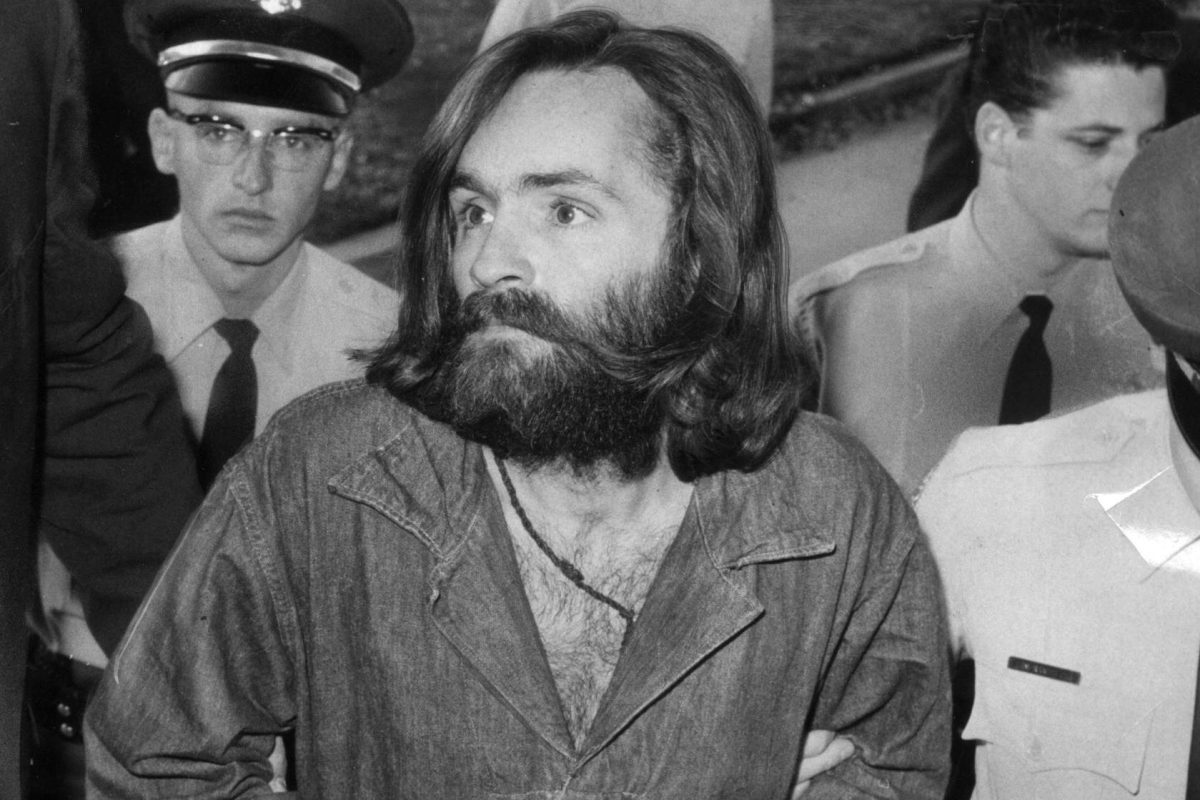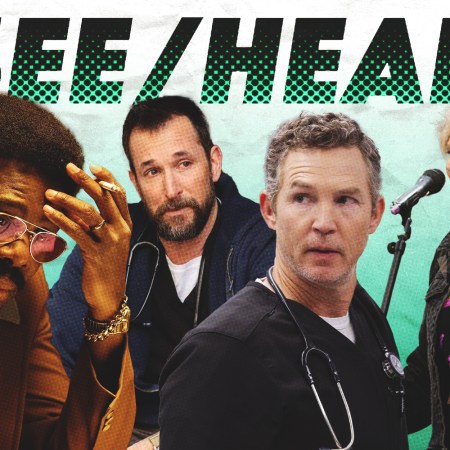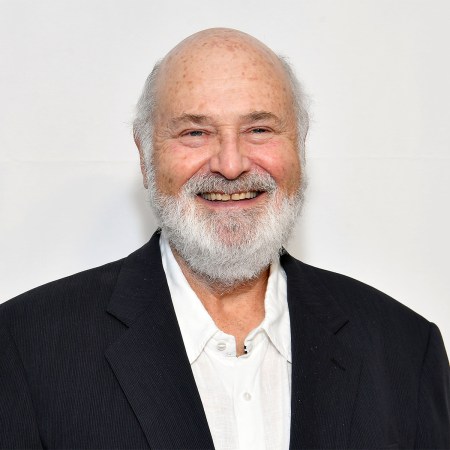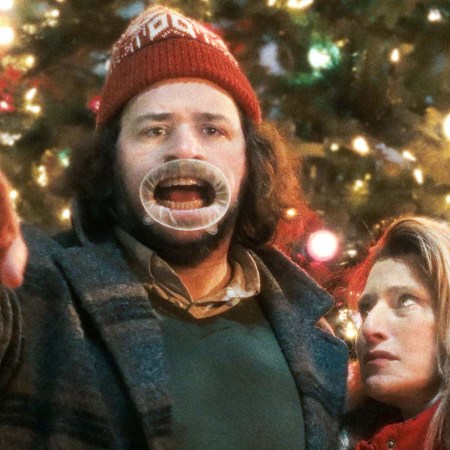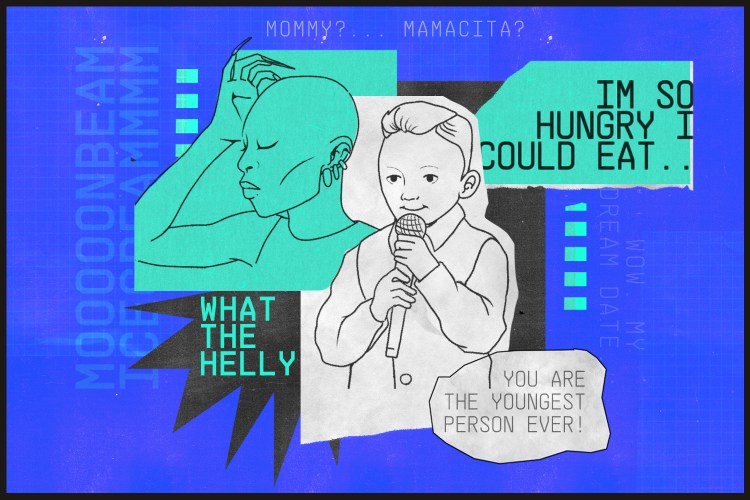Charles Manson lives.
Not the sawed-off psycho who sent his creepy-crawly acolytes out to murder seven people – he’s dead and buried (well, cremated, actually). He died a year ago, in fact, on November 19 – just one week past his 83d birthday.
But his grisly legend? That won’t go away.
Quentin Tarantino’s all-star “Once Upon a Time in Hollywood” — slated for release next year on the 50th anniversary of the Sharon Tate murders — uses Manson as an entry point for exploring a decaying L.A. So did the recent David Duchovny TV series, “Aquarius.”
Still to come? A slew of other “inspired-by” horror films already in pre-production, including the appropriately named “The Manson Obsession” and “Charlie Lives: The Family Returns.” There’s also a planned look at Manson’s life behind bars, “Taming the Beast.”
And that’s all on top of last year’s doc “Charles Manson: The Final Words.” And the feature, “Bigger than the Beatles,” about Manson’s stranger-than-fiction connection to the Beach Boys, and his desperate attempt to become a ’60s pop star.
But what is our Manson obsession?
And what can we do to rid ourselves of it?
He should have been forgotten long ago. Even his birth certificate listed him as “No Name” (eventually, his teenage mother’s new husband gave him one). Growing up, Manson flew under the radar, and in and out of reform schools. Four days after arriving in Boys Town, he sneaked out, stole a car, and sped on to a string of armed robberies.
So much for “There’s no such thing as a bad boy.”
By the time he got out of a California prison in 1967 – the “Summer of Love – Manson was 32, and had spent more than half his life behind bars. No one paid the short, shifty fellow much attention. Authorities judged him of average intelligence but barely literate, deeply narcissistic and aggressively antisocial.
But these were not unusual traits in Hollywood.
Once released, Manson made a few, fair-weather celebrity friends – he pushed himself as a songwriter, and even hung out at Dennis Wilson’s mansion for a while. But the charismatic ex-con – and former pimp — soon attracted his own fans. Runaways and rejects, throwaways and losers.
Flying on acid and free love, they listened while he preached the gospel of “helter skelter” – the idea that, if the cult could just speed up the inevitable American race war, they and Charlie would emerge, post-apocalypse, as the ultimate survivors.
So they dutifully went out and killed a music teacher and ranch hand. They murdered a random middle-aged couple, Leno and Rosemary LaBianca. And then they went to Roman Polanski’s rented home and slaughtered five people – including his pregnant wife, the beautiful actress Sharon Tate.
And they did it all for Charlie.
Which is the ultimate irony: Charles Manson, America’s most famous mass murderer, didn’t actually murder anyone. The master manipulator got a bunch of dopeheads and dropouts to do it for him.
And then, when he was finally caught, blamed it on their parents.
“These children that come at you with knives, they are your children,” he insisted. “You taught them. I didn’t teach them. I just tried to help them stand up.”
So why is this sneaky little psycho the one we’re still so obsessed with? Why is this vicious vermin the one who still haunts our nightmares, or at least, our pop culture?
Ted Bundy was smarter, and far more seductive. The Zodiac Killer – still, by the way, technically at large – was much more mysterious. And for sheer horror, who can approach the grave-robbing, cannibalistic crimes of Ed “Ghoul” Gein, or the icy savagery of whoever carved up “The Black Dahlia”?
And yet while all of them have inspired their own best-sellers, their own pulpy movies, none of them can approach Manson’s celebrity.
A check he wrote out to himself in 1969 – for a million dollars – can be found on the web for a mere $399. A different site has an original pencil sketch – on sale! — for $1440, while another check, matted and framed with several photos, is offered at $3500, or best offer. “A Strange, but Scarce Collectible Item!!!” the seller adds.
You can even get CDs of Manson’s music. The man who wanted to be a rock star finally is one.
Of course, there are some obvious reasons for Manson’s trashy tabloid fame. He lived in a genuine, if gonorrhea-riddled, harem. He ordered the savage butchering of a pretty sex symbol. He carved a swastika in his forehead. A true-crime book about him, “Helter Skelter,” became a phenomenal best-seller, and a hit TV movie.
And he gave great quotes.
“My father is the jailhouse,” he said once defiantly. “My father is your system… I am only what you made me. I am only a reflection of you.”
But maybe it’s time we wiped that mirror clean. Time we broke ourselves of that obsession.
There’s no argument that Manson’s real parents were disinterest and dysfunction. Born to a drunken teenage mother, cycling in and out of often abusive institutions, he was damaged from the start. If he had any talent, it was the cunning to find young people who were even more damaged, and to become the twisted father figure they thought they deserved.
But Manson has no lessons to teach us, beyond the well-worn one that abused children often become abusers. He’s just another madman. Just another brute.
And, by now, just another cliché.
Blame it on Alfred Hitchcock, perhaps, whose 1960 adaptation of Robert Bloch’s “Psycho” – itself a version of the Gein story – first popularized the sneaky, sardonic serial killer as antihero. It was a character the director had flirted with before, but that hit established the type.
And, over the last few decades, other artists have turned the snarky sociopath into the thriller’s go-to guy, from Patricia Highsmith’s cold-hearted Ripley to Thomas Harris’ hungry Hannibal Lecter. You can’t flick through cable today without running into their descendants – witty sadists, sly psychopaths, brilliant madmen.
“You know, a long time ago, being crazy meant something,” Manson complained once. “Nowadays, everyone’s crazy.”
It can seem so. But nothing may be crazier than making an icon out of an ignorant criminal whose only skill was convincing a motley crew of outcasts to do his bidding.
But if we’re going to be finally rid of Manson, we’re going to have to see our fascination with him as appealing to the worst in us – the part that slows down to gawk at gruesome car crashes. And if there’s ever going to be any justice, it will be because we’ve decided to stop focusing on the violence, and start remembering the victims, instead.
That’s the only thing will free us. And the only thing that will finally let us dole out the only punishment Charles Manson ever truly feared.
Forgetting him.
This article appeared in an InsideHook newsletter. Sign up for free to get more on travel, wellness, style, drinking, and culture.
